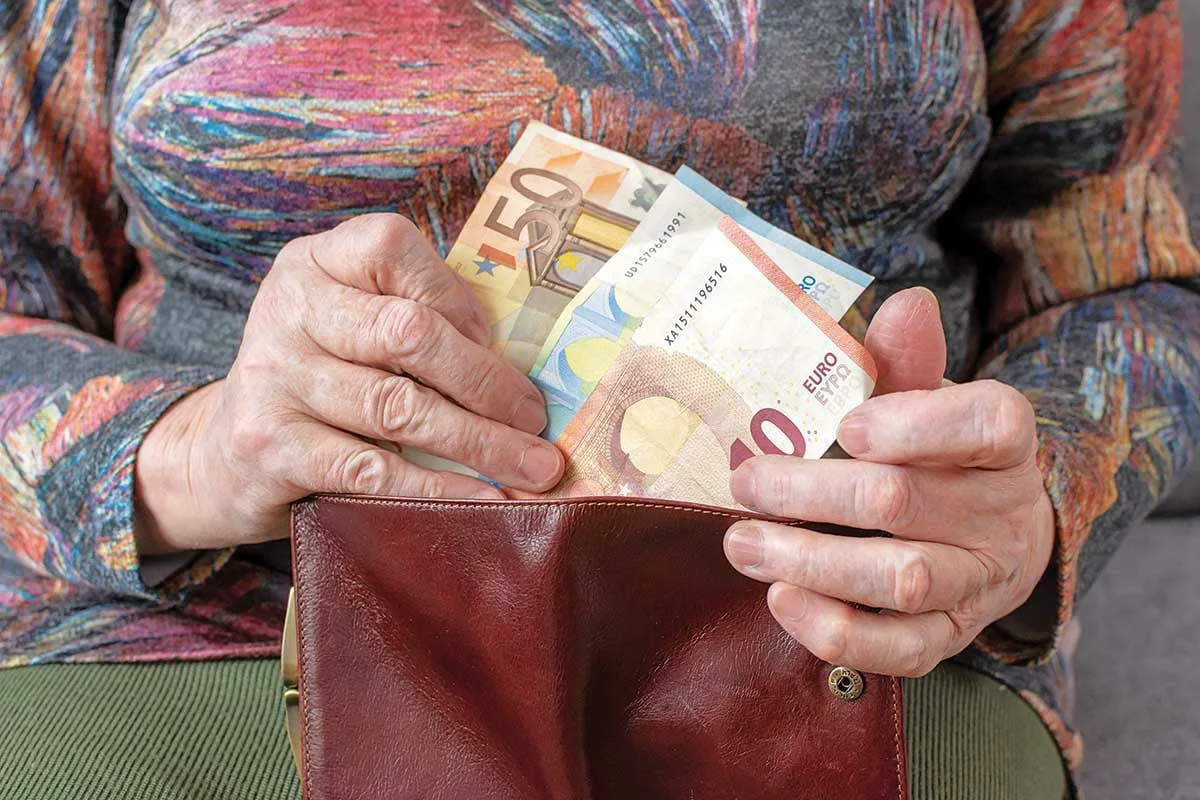The High Court explains that under the civil service pension scheme, the widow’s pension must be paid in full when the former spouse with whom it was shared dies, with the survivor receiving the entire amount.
Beneficiaries of widow’s pensions under the civil service pension scheme should be aware that they are entitled to recover 100% of the benefit when the former spouse with whom they shared the amount dies. The Supreme Court has established doctrine in this regard, clarifying that this is not an extraordinary ‘increase’, but rather the restoration of the original right of the surviving spouse.
It should be noted that although the Directorate-General for Personnel Costs and the High Court of Justice of Madrid had been denying these increases on the grounds that the law did not expressly provide for this scenario, the Supreme Court ruling explains that the widow’s pension is unique and complete from the outset, and is only distributed among several beneficiaries while they are all alive, since when one of them dies, the survivor receives the entire amount.
A right derived from the single widow’s pension
If we look at the regulations, the Civil Service Pensions Act does not literally establish what happens when one of the beneficiaries of the same widow’s pension dies. Given this loophole, the Supreme Court interprets the rule in accordance with the Constitution and the Charter of Fundamental Rights of the European Union, giving more force to the principle of social solidarity and protection of the elderly.
Thus, and for all the reasons explained above, it establishes that, once the former spouse’s share has been extinguished due to death, the surviving widow or widower regains the full right. In other words, it is not a question of adding percentages, but of restoring the 100% that originally corresponded to the main beneficiary.

A real example: from receiving less than 50% to 100%
The case that gave rise to this ruling (which can be consulted at this link from the Judiciary) is that of a woman who was receiving only 48.8% of the widow’s pension because the other part was attributed to the deceased’s ex-wife. After the latter’s death, she asked the Administration to recognise her entitlement to the full amount, i.e. 100%, but her request was denied.
First, the Directorate-General for Personnel Costs denied the increase and then the High Court of Justice of Madrid upheld the denial, arguing that the law did not provide for an increase, except in exceptional cases, such as situations related to terrorism.
However, the Supreme Court has corrected this criterion and in its ruling (ATS 6689/2023) explains that the pension corresponds in full to the surviving spouse (the one who survives the two widows) and that the initial distribution only operated while the other beneficiary was alive. From the moment of her death, the appellant is entitled to 100% of the amount, thus consolidating a precedent that benefits many other similar cases.





